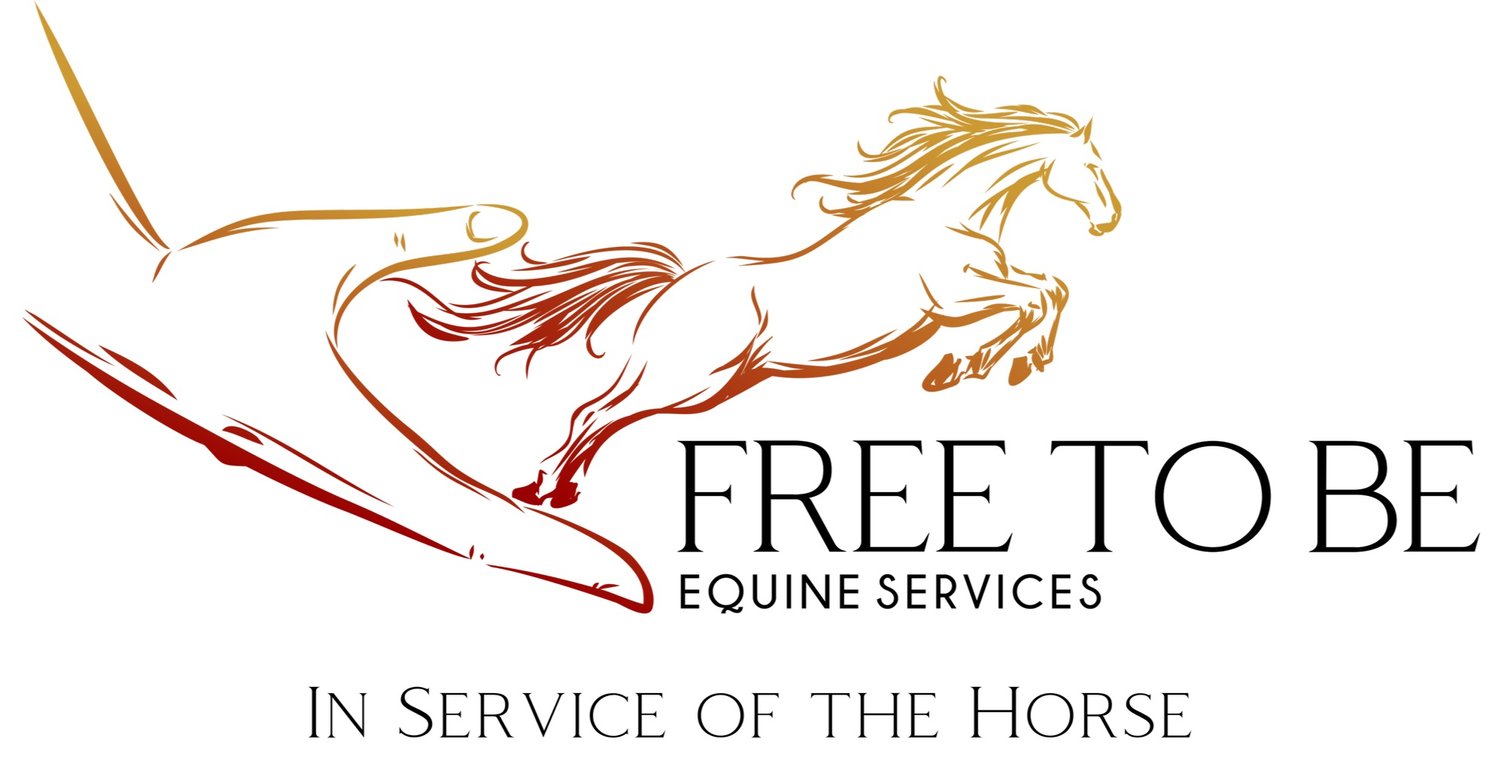An important thing to note is that the concept of nervous system regulation is getting a lot of attention recently, and many think it means to always be in a state of calm and peace. On the contrary, the meaning of "regulation" in this instance is to be adjustable. An adjustable nervous system that can fluidly dial up and down, in and out, of the various nervous system states that are required to eat, breathe, socialize, relax, sleep, breed, play, etc.
For many humans - and horses - we have lost some or all of our nervous systems' adjustability. It can look and feel like being "stuck" in a particular state - from hypervigilance and anxiety, to depression and shut down, depending on how it manifests for the individual. This is often due to stress, trauma, injury, upheaval in our lives, and chronic issues (physical or emotional). This is why regulating the nervous system is a lot more complex than just a bodywork technique or being given time to heal an injury or adjust to change. We have to recognize and address the root causes of the loss of adjustability, as well as incorporate approaches to practice and facilitate regulation.
These are some of the ways that I have incorporated this concept into my work with horses.
Observing my horse clients holistically. Beyond what I feel in their physical bodies - what is their emotional state? Does their lifestyle and environment support their nervous system? Understanding their history is also important. What do we know about their past, and how is this affecting their present? Are they suffering from chronic underlying pain and discomfort?
Prioritizing the autonomy of the horse. This involves asking for consent, respecting when consent is taken away, and working compassionately to develop trust. Helping them to come into a receiving energy and understanding how to stay under their brace response.
Addressing physical issues that may be hindering the nervous system - the central nervous system as well as the peripheral. I work with modalities that focus on giving the body the ability and the awareness for the nervous system to function normally. Simply put, the nervous system governs all other systems within the body, and connects all of the tissues and structures. It also communicates sensory information and creates movement. Manual craniosacral and myofascial techniques create space and relieve compressions, allowing nerves to glide within the tissues and structures through which they travel, and increase fluid exchange, for optimal function and communication of the nerves. Proprioceptive and somatic work address motor control to create new, healthier patterns within the brain and body.
Breath work. In the photo, I'm working with this mare's diaphragm. The diaphragm plays a key role in regulating the parasympathetic nervous system, which is responsible for the body's "rest and digest" functions. When we (and our horses) can engage the diaphragm properly during respiration, it activates the vagus nerve, a major component of the parasympathetic system. This helps slow the heart rate, lower blood pressure, and promote relaxation, reducing stress and anxiety. By releasing any restriction that is hindering the diaphragm's function, and practicing diaphragmatic breathing with horses, we can intentionally stimulate this calming response - as well as improve oxygen delivery in the body.
Referring clients to other practitioners when needed to address root causes of nervous system dysregulation. Working with a trauma informed trainer, addressing underlying injuries with a vet, improving hoof health with a hoof care practitioner, fitting tack properly with a saddle fitter, consultation with a behaviourist or a nutritionist - these are just some of the possible routes that may need exploration for some horses.
There is still so much that science doesn't understand about the nervous system, and I look forward to expanding my own understanding. Celeste Lazaris's Nerve Release course, which has been such a wonderful addition to my myofascial education, has built beautifully on the nervous system knowledge and skills I learned in my craniosacral training from EQ Therapeutics. I'm feeling very inspired to continue down this path. The importance of honouring the horse's nervous system in their environment, relationships, training, riding, bodywork, etc. cannot be denied when you see first hand what a positive difference it makes for their welfare.

